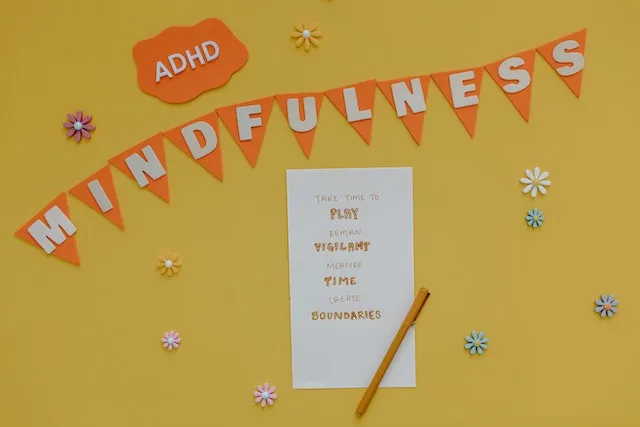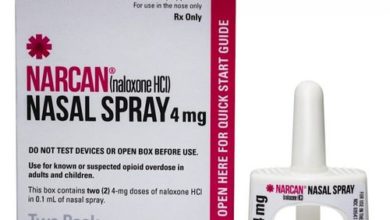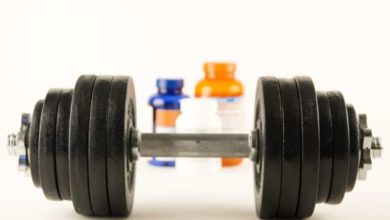Untreated ADHD In Children Causes Lifelong Risks

Attention-deficit/hyperactivity disorder, or ADHD, is a mental health condition affecting adults and children. However, this condition affects children more than adults. In the United States alone, 265,000 children 3 to 5 years old, 2.4 million children 6 to 11 years old, and 3.3 million 12 to 17 years old have been diagnosed with ADHD.
The growing number of ADHD diagnoses has become alarming. Fortunately, you can correct this correction if you, the healthcare providers, and even the teachers of these diagnosed children work together.
However, physicians can’t treat many children with ADHD due to various factors like financial issues or when the condition is undiagnosed. Keep in mind that treating ADHD is vital because if it’s left untreated, there will be lifelong risks that the child and the family will experience.
What Happens If ADHD Is Left Untreated
Adults with ADHD are more likely to get addicted to illegal drugs by 58% and to tobacco by 78% compared to those who don’t have the condition.
On top of that, those adults who have ADHD as a kid but left untreated are 79% more prone to depression, anxiety, and physical ailments than those who don’t have ADHD.
It’s also observed that children who have untreated ADHD experience educational implications. 58% of kids who have untreated ADHD failed in school, 46% were suspended at school, 30% of adolescents didn’t graduate high school, and 10% of children who don’t have the condition.
Untreated ADHD is also one of the reasons to blame for unwanted pregnancies and STDs, especially for teens. That’s why if you’re a parent and suspect your child has ADHD, it’s highly recommended to visit a child psychiatrist immediately.
Moreover, experts have been associated traffic fatalities with ADHD. It is because driving performance is highly influenced by hyperactivity, impulsiveness, and inattention. All of these characteristics are present in ADHD.
Lastly, ADHD’s three major symptoms interfere with professional or personal relationships. That said, it can negatively impact family and work, reducing a person’s chance of success and satisfaction.
If you don’t want your child to suffer in adulthood and put their lives at risk due to untreated ADHD, you should understand that proper treatment is the only way to prevent the mentioned risks from happening.
Treatment For ADHD in Children
The first step in providing your child with the proper treatment is to accept that your child has ADHD. There are still a lot of parents who are in denial that their kids have this condition. ADHD can be corrected, and it isn’t on the autism spectrum like many people think.
After you accept your child’s condition, you must immediately schedule a visit to a child psychiatrist so that your kid will be properly examined. Your doctor will then give you suitable treatment for your child according to their diagnosis, symptoms, and the like. There are two types of treatment for ADHD, which are behavior therapy and medications.
Medication
Medication is used to help children manage their ADHD symptoms better and help them control symptoms and behaviors caused by the condition. By doing so, children with ADHD can live without the condition hindering their school, family, and social activities.
The medication for ADHD comes in various forms, and some are approved by the FDA to be used on children as young as six years old. The types of medication that the physician will give for ADHD treatment are stimulants and nonstimulants.
Stimulants like Vyvanse are the widely-used medication for ADHD treatment and are the most popular used in children. Children who are taking stimulants have fewer symptoms of ADHD when they start taking them.
Meanwhile, non-stimulants like Qelbree, a newly approved medication for ADHD, are the other treatment options for children. This treatment option was just recently approved in 2003. However, this medication doesn’t work as quickly as stimulants, but its effect can last up to 24 hours.
Behavior Therapy
Since ADHD affects relationships, including personal relationships, behavioral therapy requires the participation of the parents. One of the symptoms of ADHD is that it shows disruptive behaviors to others.
That’s why this treatment is crucial. It aims for the child to strengthen and learn positive behaviors and remove problematic and unwanted behaviors as the child ages. The behavioral therapy can include:
- Training for parents regarding behavior managemen
- Behavior therapy with children
- Behavior interventions in classrooms
For six-year-old children, behavior therapy is vital and must be the first stage of treatment for them before they will be given medication. Behavior therapy teaches parents skills and strategies to assist their children.





